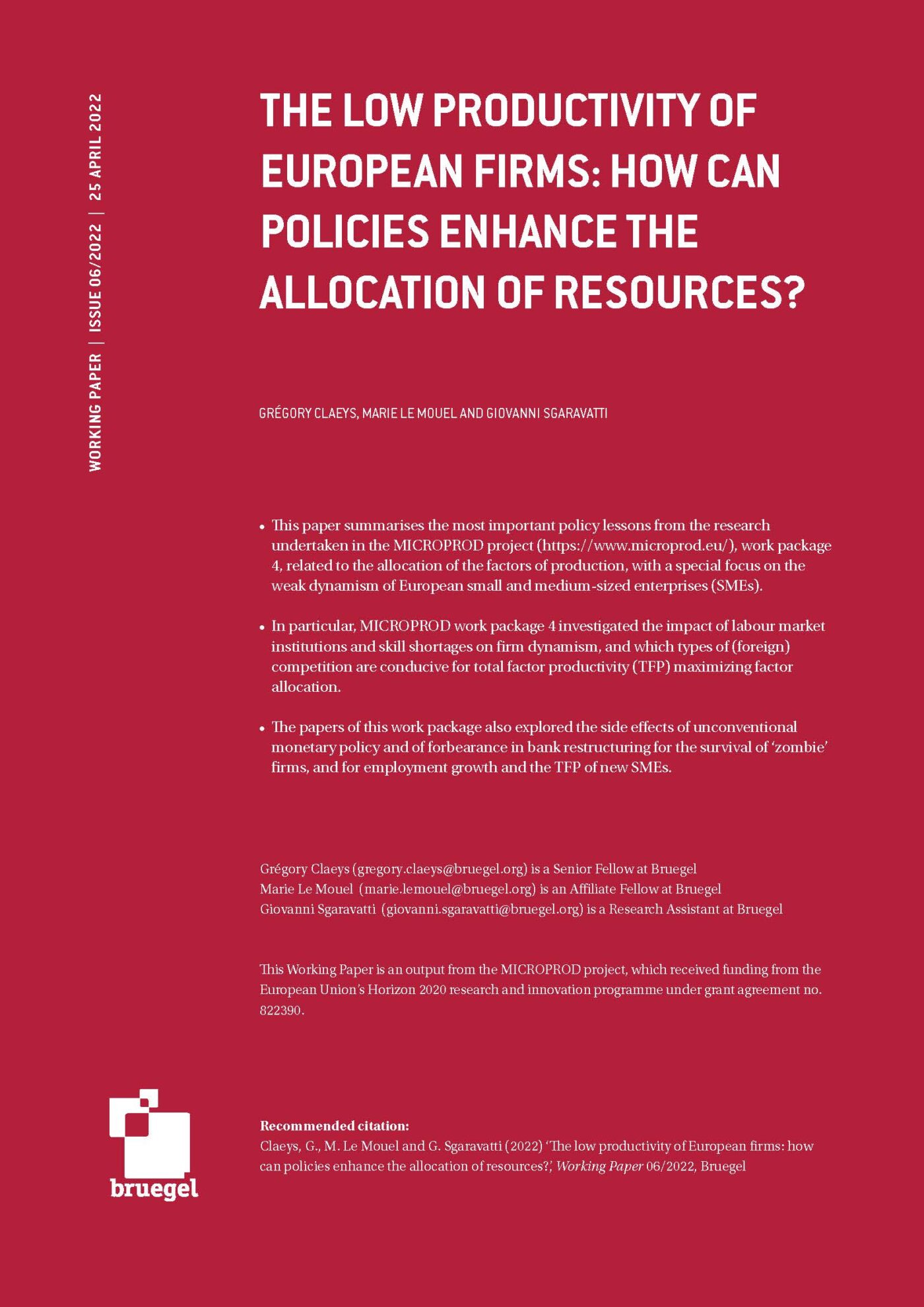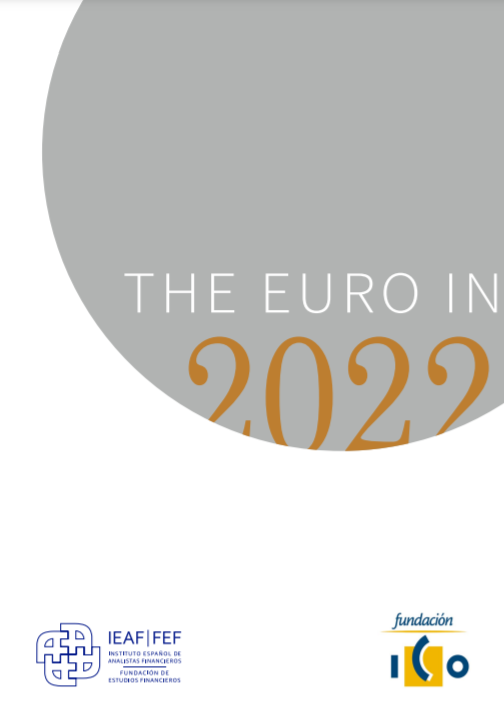Blog Post
Clouds are forming over Italy’s elections
While the prospect of a gridlock reassured investors about the short-term risk of an anti-establishment government, Italy still needs a profound economic shake-up and is in no position to afford months or years of dormant governments.
For the first time since the end of the euro-zone crisis, Italians will be heading to the polls on March 4. Ahead of this political event markets seem extremely quiet, with the spread between the 10-year Italian government bond yields and German bunds at the lowest level since October 2016. The 5-Years Sovereign credit-default swaps (CDS) follow a similar path.
This financial calm is likely due to two main reasons: first, most Eurosceptic parties have toned down their anti-euro rhetoric in an effort to attract moderate voters. Second, a new largely proportional electoral law makes it virtually impossible for the anti-establishment Five Star Movement (M5S) to gain an outright majority in Parliament.
While limiting the downside risk of an anti-establishment government, the new electoral law combined with the latest polls, suggests that the most likely outcome of the election will be a gridlock. Having already seen this happen in Spain, the Netherlands, and most recently in Germany, and observing strong business confidence indicators and solid growth figures, euro-zone watchers and international commentators seem to have entered a generalised sense of detachment.
This lack of concern might be appropriate for the very short term but misses the bigger picture. In contrast to the other countries mentioned, Italy still needs a profound economic shake-up and is in no position to afford months or years of dormant governments.
Reading trends beyond the current cyclical upturn, growth in potential output is close to zero, productivity has been practically flat for almost two decades, and the country sits on the fourth-largest public-debt-to-GDP ratio (134%) in the world. Since the turn of the century, Italy has been systematically growing less than its euro-area peers in good times and contracting more in bad times (Figure 1), suggesting deep domestic structural issues. A further sign of this economic malaise is the fact that migration out of Italy is at the highest level since the end of the Second World War (in the order of magnitude of 250,000 in 2015 alone).
Some important reforms have been implemented over the past few years: a significant increase in the viability of the pension system, liberalisation of the labour market, reorganisation of the banking sector, and first steps taken to abridge the length of judicial proceedings. These are important measures that go in the right direction, but further progress will be needed. Borrowing finance minister Pier Carlo Padoan’s famous metaphor, Italy’s path to a better macroeconomic equilibrium is “narrow” and characterised by prudent fiscal policies combined with a sustained reform effort. Political gridlock or patchy government majorities will make it even narrower.
In a recent Bruegel paper, Müller et al (2018) have shown how the Italian media has portrayed the crisis of past years as due to externally imposed austerity and “unfortunate circumstances”. It is perhaps unsurprising then that, as Lucrezia Reichlin has remarked, instead of discussing how to tackle the country’s long-term structural issues, the current political campaign has seen parties trying to outbid each other with headline-grabbing fiscal promises. These include a (low) flat income tax (Forza Italia), the abolition of the aforementioned Monti-era pension reform (Lega), or the introduction a universal basic income (M5S), just to mention a few. Even under the most benign forecasts, these measures would all significantly prod up public debt in a country where interest payments hover around €66.3 billion a year. To put this into perspective, in 2016 total (direct and indirect) public investment was below that figure (€57.3 billion).
As Francesco Papadia elegantly framed it, Italy lives through a euro-zone impossible trinity: you cannot be in the euro, honour your public debt, and have a broadly stagnant economy. If we factor in that a global recession took place on average every seven or eight years over the past 50 years, there is a high likelihood this will happen again during the course of the next legislation. At that point, and with the scars of the last crisis still healing, it is not hard to imagine parts of a fragile government coalition pushing for the first or second unpalatable options of Papadia’s trilemma.
With this prospect in mind, the current lack of concern with the Italian elections may be suggestive of a calm before the storm.
Republishing and referencing
Bruegel considers itself a public good and takes no institutional standpoint. Anyone is free to republish and/or quote this post without prior consent. Please provide a full reference, clearly stating Bruegel and the relevant author as the source, and include a prominent hyperlink to the original post.












